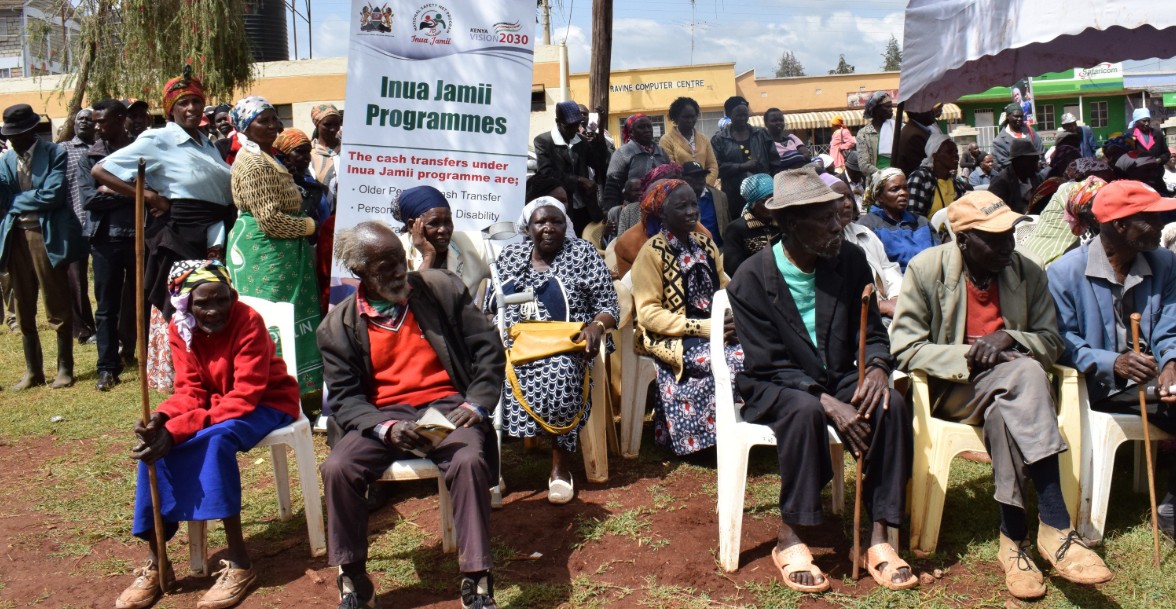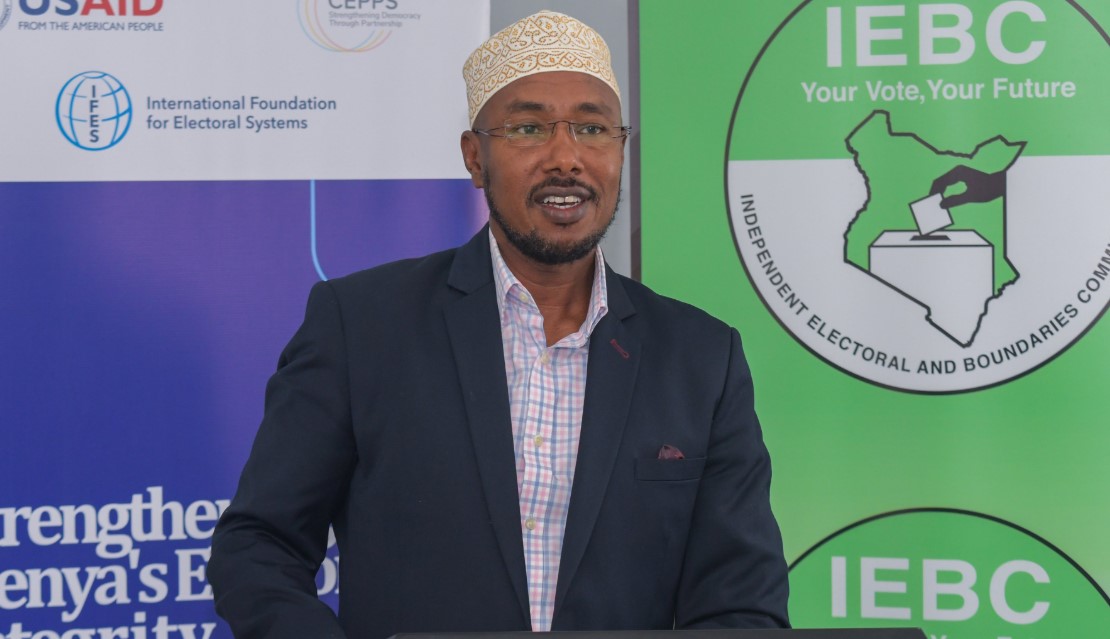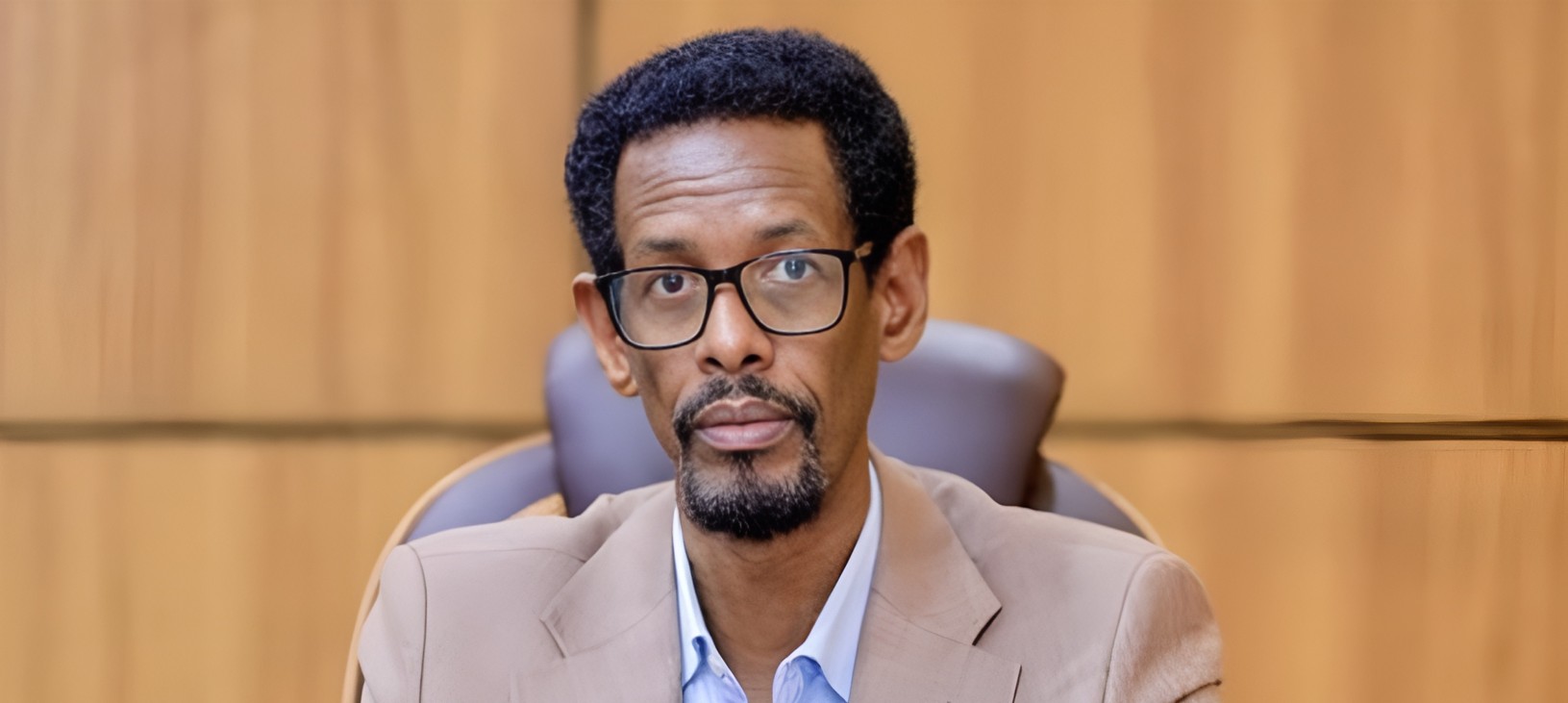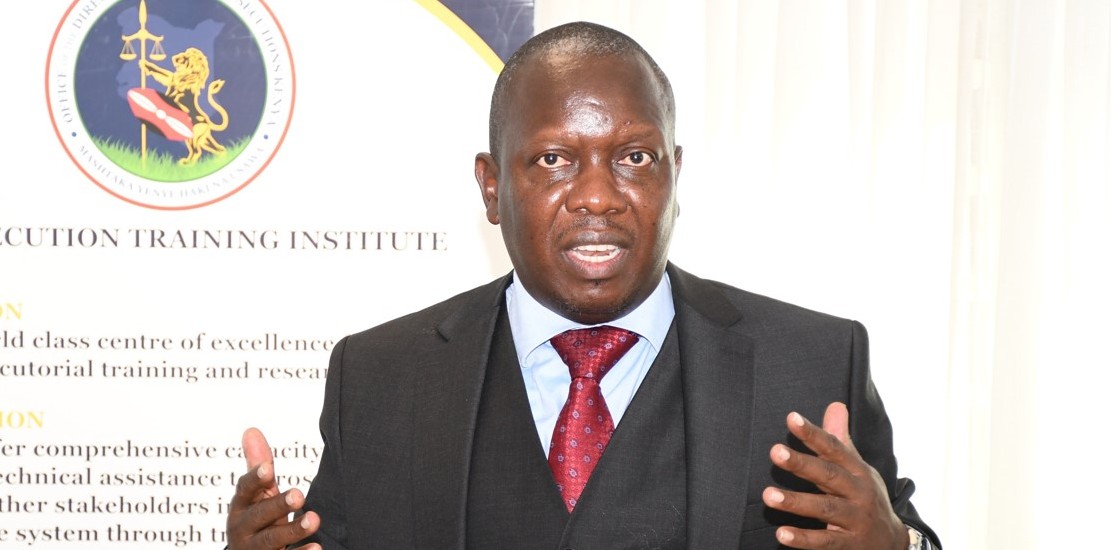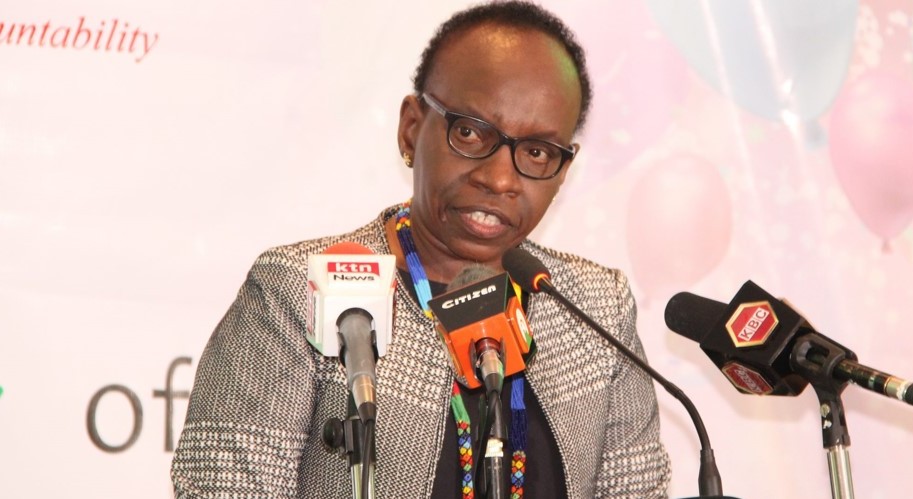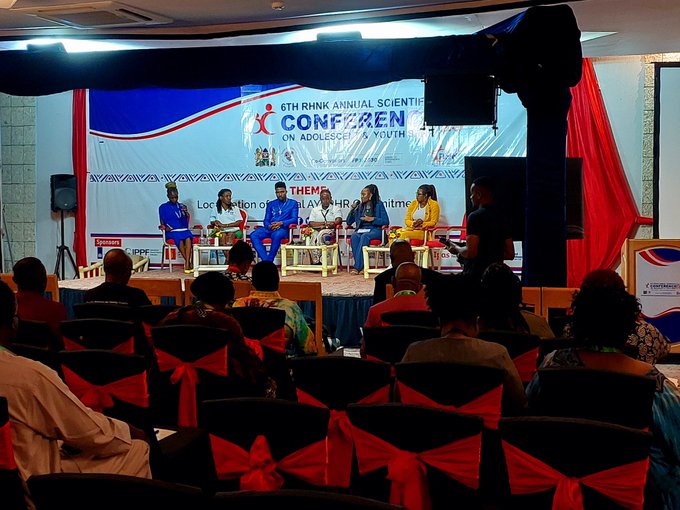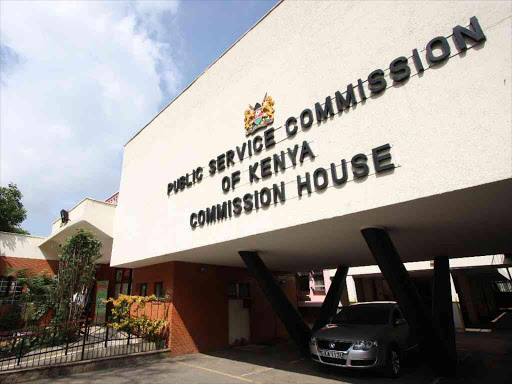Kenya Maritime Authority official arrested over Sh40.5 million insurance fraud

Search operations were carried out at their residences in both Nairobi and Mombasa, yielding evidence to support the ongoing investigation.
The Ethics and Anti-Corruption Commission (EACC) has arrested Kenya Maritime Authority (KMA) Head of Human Resources and Administration, Henry Mwasaru, over allegations of irregularities in awarding a Sh40,539,760 staff medical insurance tender.
Mwasaru was apprehended in Naivasha during a training session and transferred to the EACC Integrity Centre in Nairobi. Two insurance brokers suspected of involvement in the scheme were also targeted in the operation.
More To Read
- Calls grow to disband Kenya’s police service over corruption, brutality and failed reforms
- Uasin Gishu, Baringo and Embu ranked among Kenya’s most corrupt counties - report
- Police, KRA officials top list of corrupt professionals in new national survey
- EACC report finds bribery most common as average payment hits Sh4,878
- Senate Committee hails Kenya’s readiness to combat oil spills after Mombasa tour
- PSC initiates review to enhance public service delivery, fight corruption
EACC spokesperson Eric Ngumbi stated that Mwasaru is accused of colluding with KMA’s Head of Supply Chain Management, Bevaline Lundu, to unlawfully award the contract, contravening procurement regulations.
Search operations were carried out at their residences in both Nairobi and Mombasa, yielding evidence to support the ongoing investigation.
The arrests followed a complaint lodged at the EACC’s Lower Coast Regional Office on September 30, 2024, alleging corruption and procedural breaches in awarding the tender.
“This operation underscores our commitment to tackling corruption in public procurement, particularly in medical insurance tenders, which are increasingly exploited for personal gain through bid rigging and kickbacks,” Ngumbi added.
After being interviewed and recording statements, the suspects were released pending further investigations. The EACC has indicated that the findings could lead to prosecution and the recovery of misappropriated public funds.
The Commission has vowed to intensify scrutiny of procurement processes in public institutions to prevent the misuse of taxpayer money.
Top Stories Today
Reader Comments
Trending




